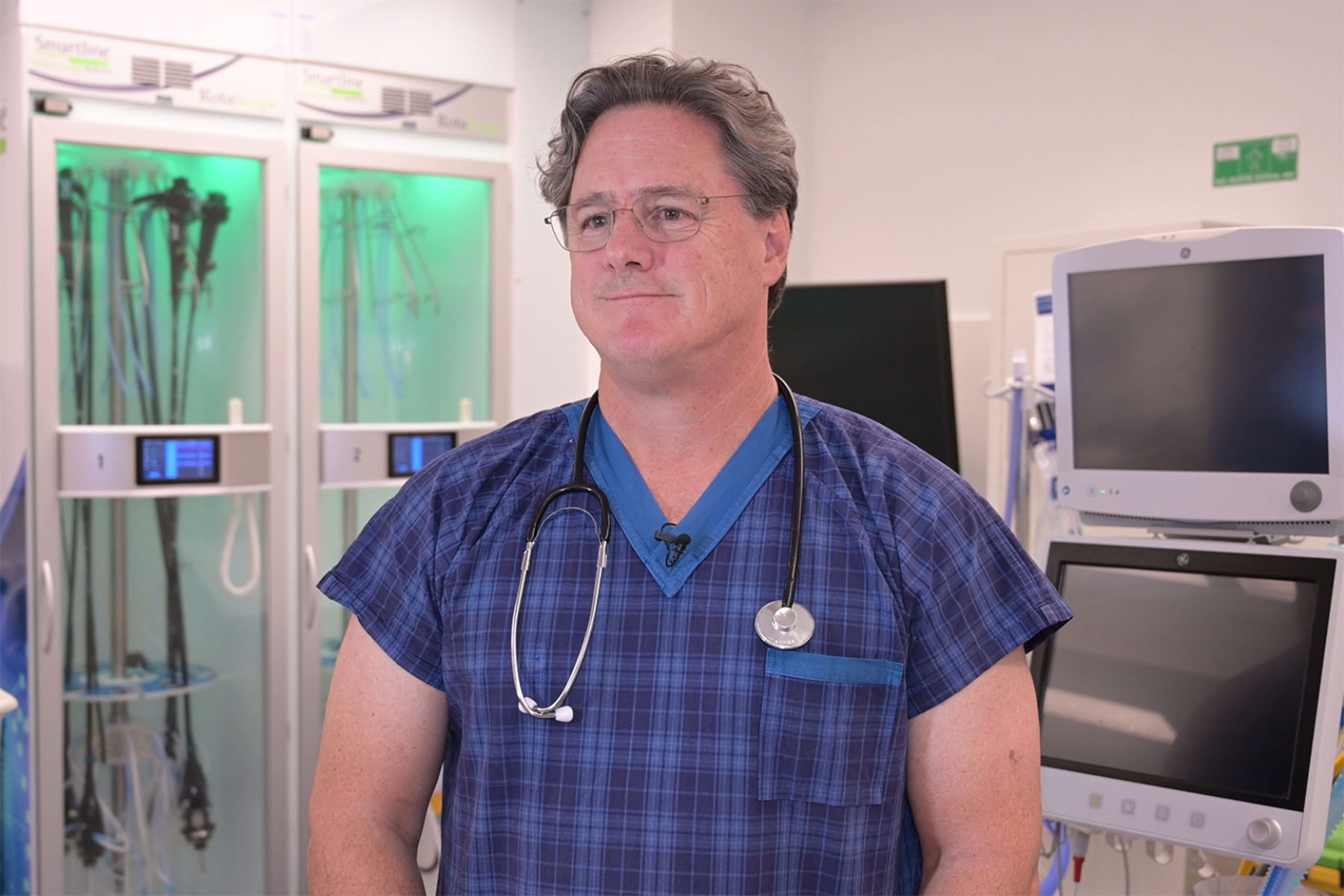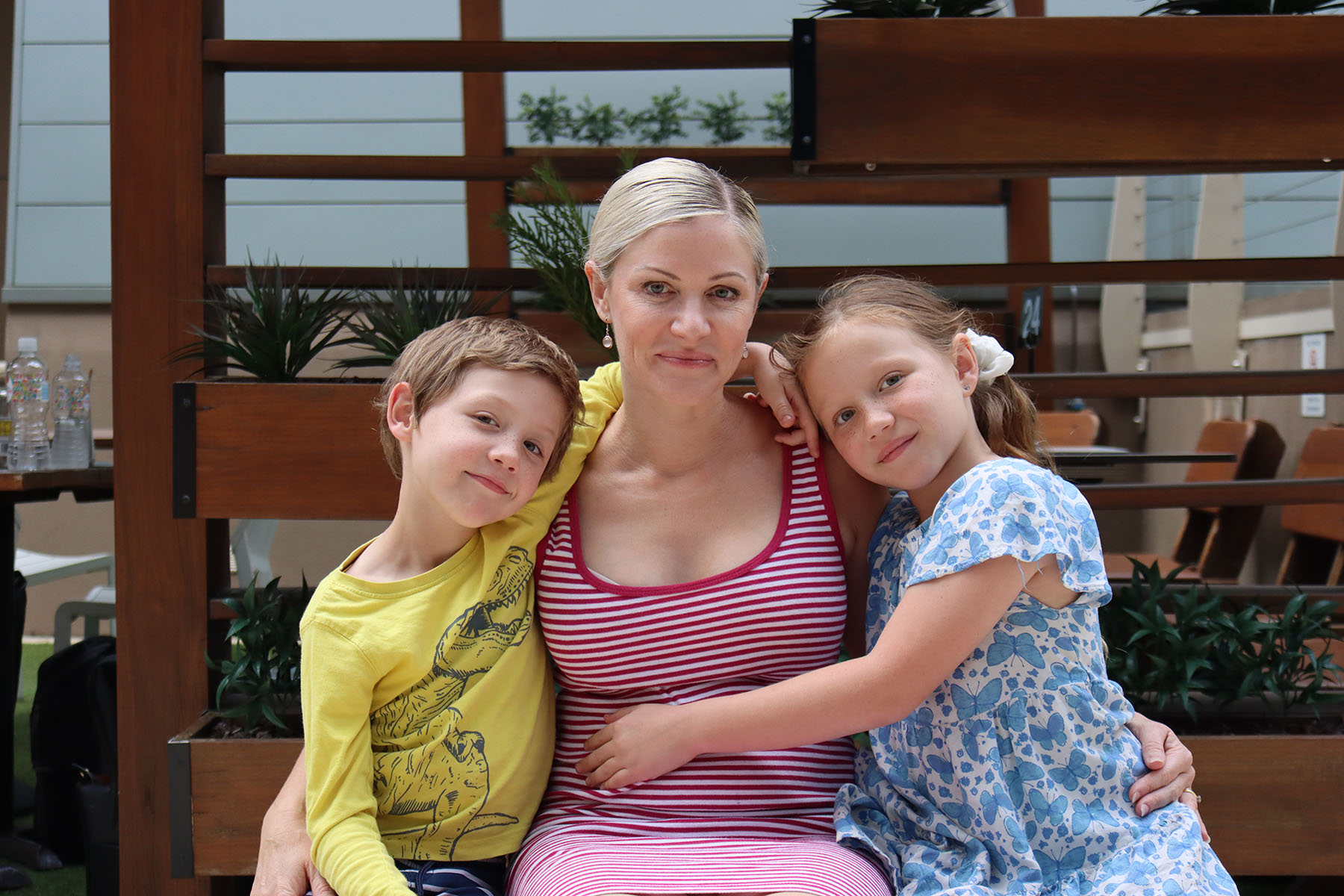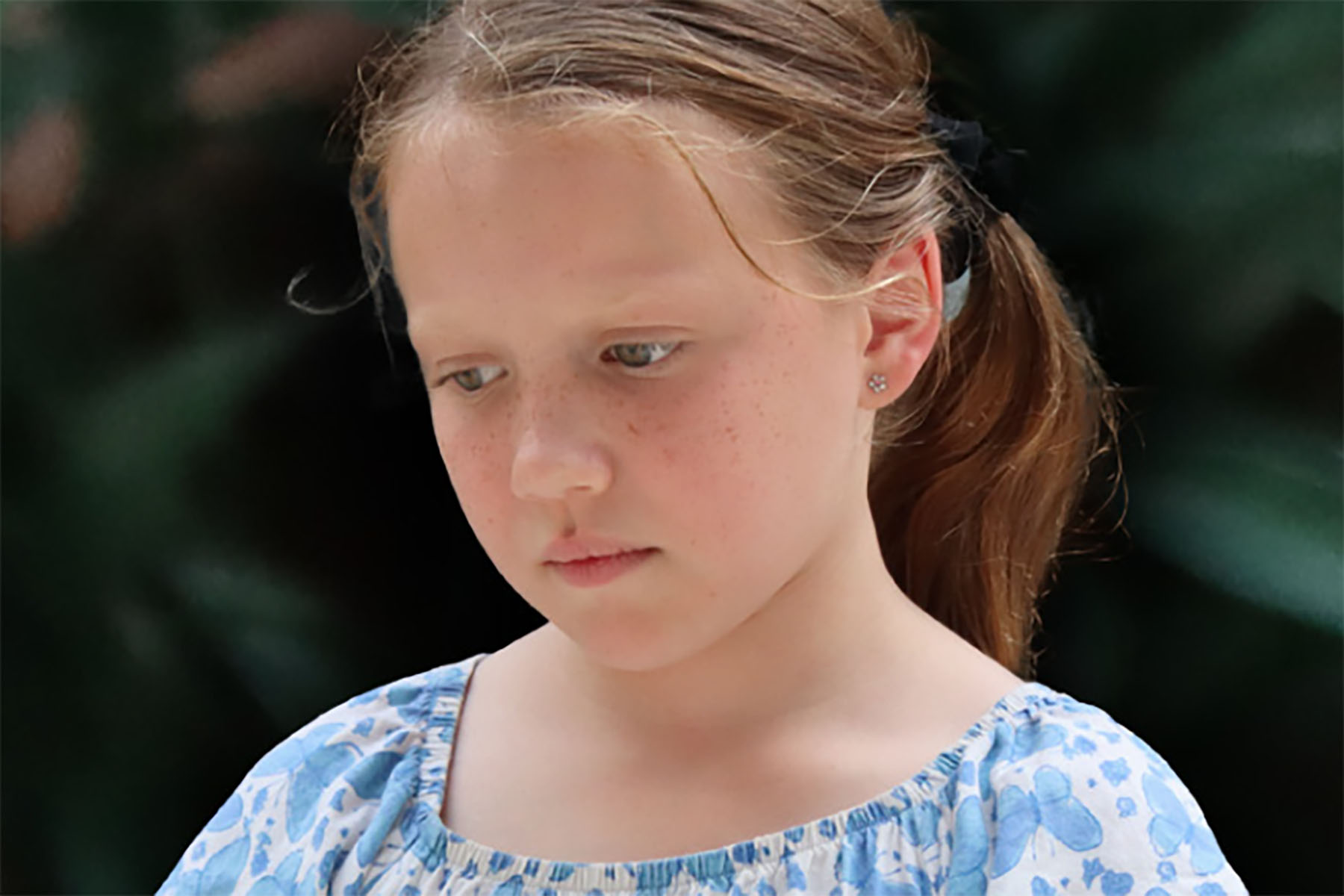Coeliac Disease
Coeliac Research Network
Wesley Research Institute is developing a new research network focusing on Coeliac Disease and immune health research
Join the Coeliac Research Network
Wesley Research Institute is developing a new research network focusing on Coeliac Disease and immune health research.
Through this network, we expect to bring together coeliac disease experts, like gastroenterologists, paediatric gastroenterologists, surgeons, dieticians, nutritionists, nurses and mucosal immunologists, to work together to really progress the multi-disciplinary research program.

Sign up to the Coeliac Research Network today
As a member, you’ll:
Join today
Community groups, such as Coeliac Australia, do a fantastic job of helping patients on their health journey and providing them with information and practical advice. The new Coeliac Research Network (CRN) adds another dimension to these valuable resources.


Patients want a voice to ensure coeliac research is adequately funded and they want to know that there are treatment solutions being investigated beyond a gluten-free diet.
Through research we know that children are at greater risk of developing coeliac disease if their parents or siblings have the disease. Coeliac disease is in the genes, so children should be screened regularly if they have a close relative with coeliac disease - even if they have no symptoms. Coeliac disease can also affect children’s ability to learn, and many don’t continue onto university.
Adults can also go through life undiagnosed, experiencing symptoms such as fertility and miscarriage problems, and may not realise that Coeliac disease is the cause.
